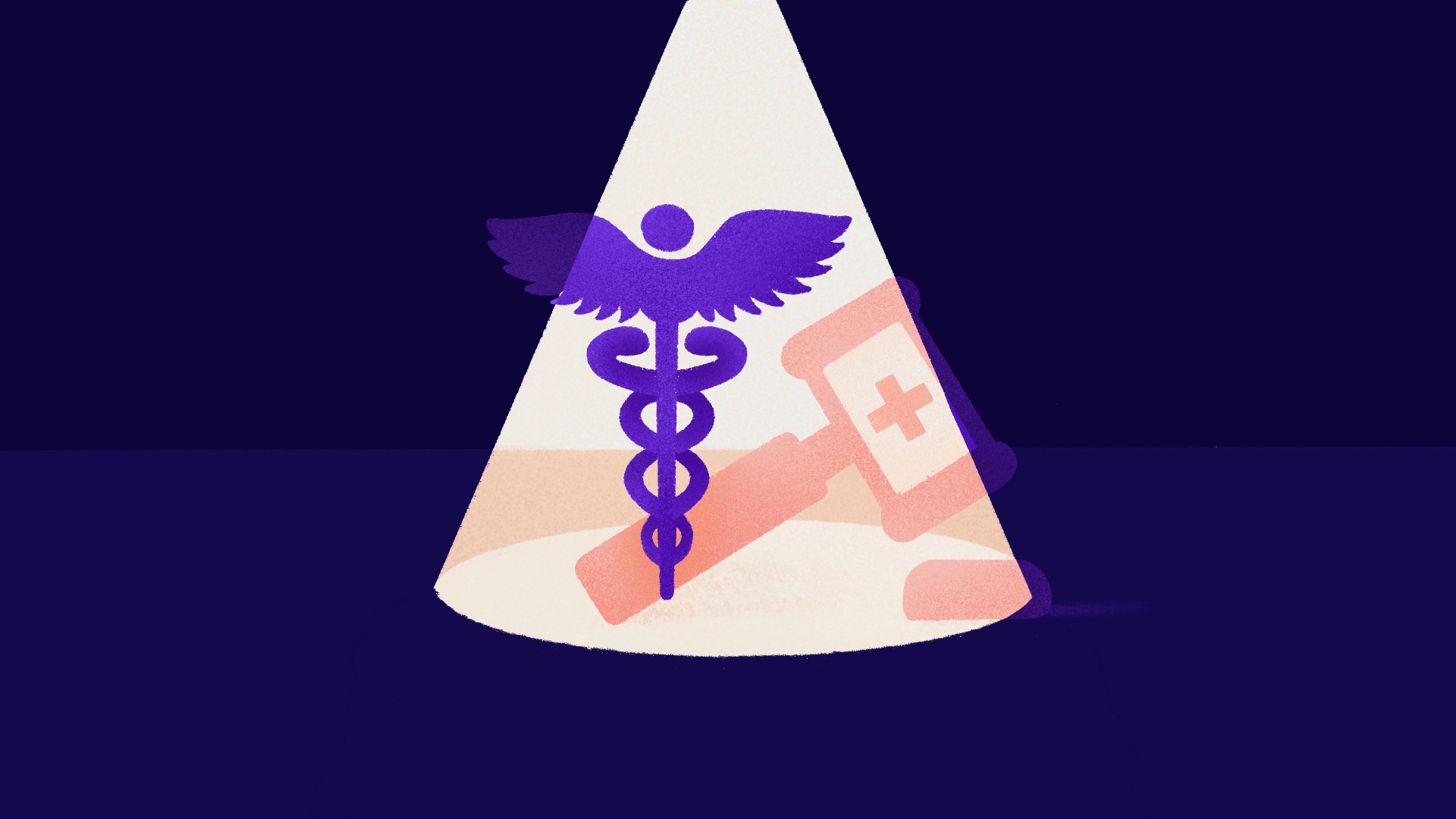What should I tell my care team before I take this medication?
They need to know if you have any of these conditions:
- Diabetes
- Frequently drink alcohol
- Heart disease
- High blood pressure
- High cholesterol
- HLA-B*5701 gene variant
- Heart disease
- Kidney disease
- Liver disease
- Tobacco use
- An unusual or allergic reaction to abacavir, lamivudine, other medications, foods, dyes, or preservatives
- Pregnant or trying to get pregnant
- Breastfeeding
What may interact with this medication?
- Alcohol or alcohol-containing products
- Any other medication that contains abacavir or lamivudine
- Emtricitabine
- Interferon
- Methadone
- Ribavirin
This list may not describe all possible interactions. Give your health care provider a list of all the medicines, herbs, non-prescription drugs, or dietary supplements you use. Also tell them if you smoke, drink alcohol, or use illegal drugs. Some items may interact with your medicine.
What should I watch for while using this medication?
Visit your care team for regular checks on your progress. Tell your care team if your symptoms get worse or if you have new symptoms.
You may need blood work done while you are taking this medication.
This medication may cause serious allergic reactions in a small amount of people. Stop taking this medication and call your care team right away if you have fever, rash, nausea, vomiting, diarrhea, stomach pain, cough, sore throat, or shortness of breath. A list of these symptoms is on the Warning Card given to you by your pharmacist. Carry this Warning Card with you at all times.
If you stop this taking this medication because of an allergic reaction, never take it again. If you stop taking it for other reasons, talk to your care team before restarting it. Make sure you are around someone who can call for medical help if you need it.
This medication may cause serious skin reactions. They can happen weeks to months after starting the medication. Contact your care team right away if you notice fevers or flu-like symptoms with a rash. The rash may be red or purple and then turn into blisters or peeling of the skin. You may also notice a red rash with swelling of the face, lips, or lymph nodes in your neck or under your arms.
If you have hepatitis B, talk to your care team if you plan to stop this medication. The symptoms of hepatitis B may get worse if you stop this medication.








